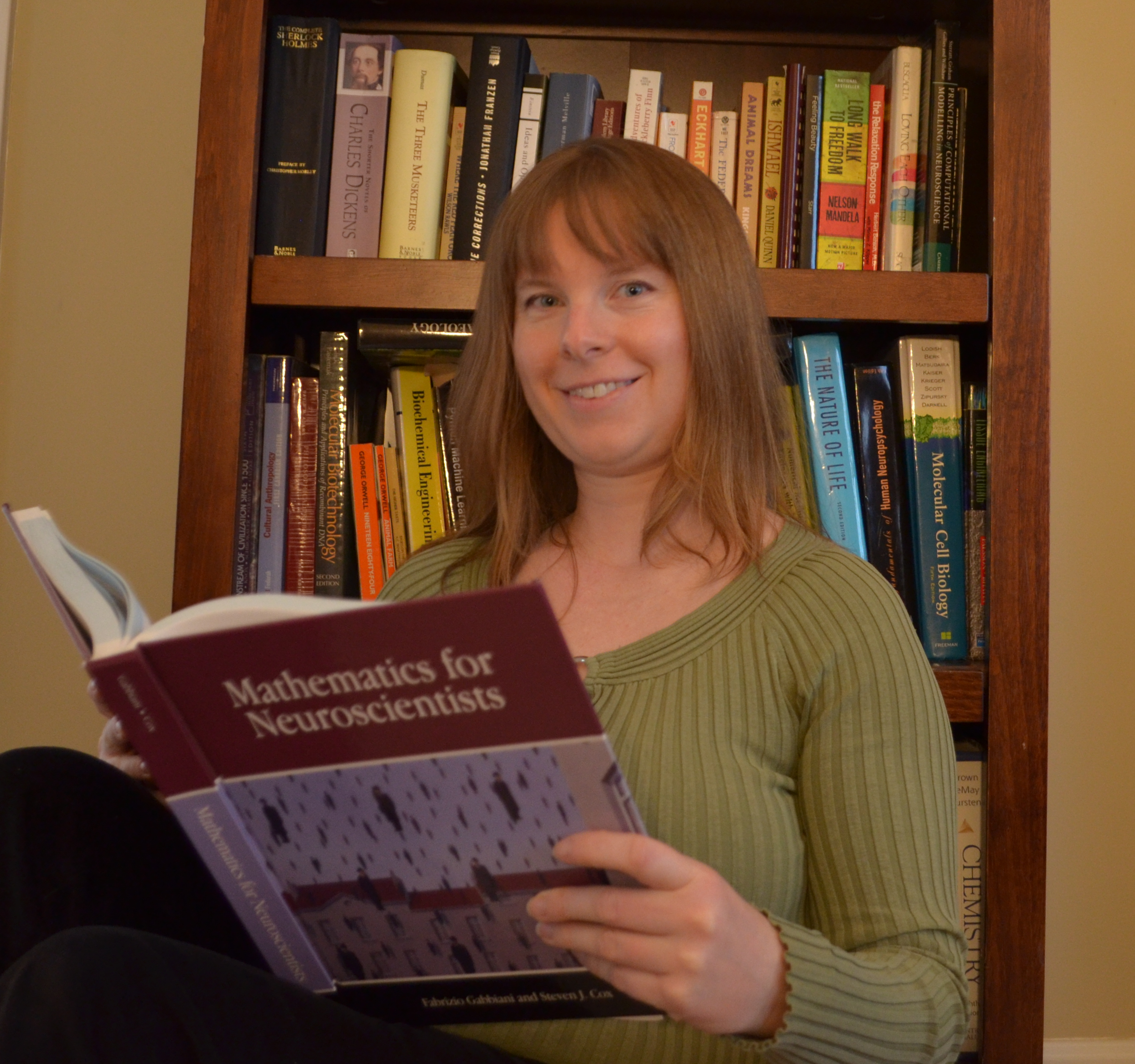Having been raised Catholic, I have a confession to make: I have found it difficult to make room for spirituality and religion in a STEM-focused society. Not in my personal life exactly, but in my community and conversations. I think it’s partly because people have such varying conceptions of spiritual life, God, or gods. And because we don’t talk about it freely, when someone does bring up anything related to this subject, it’s easy to become immediately wary: is this person trying to convert me or take my money?
How about a third option: what if that person is trying to tell you about a powerful experience they had, which they cannot fully explain using known, familiar concepts or which seems to be at least partly outside of human control?
I think, for a lot of people, it’s actually something closer to this third idea that motivates us to talk about spirituality and God. And that may be the key to why it’s hard to discuss these things in certain STEM communities. Science, technology, engineering, and mathematics are about curiosity, innovation, achievement – rewarding for sure – but they are also often about control and precision, human definitions and limitations.
In my view, if you need to know that something is conceptually possible with a certain regard for grace and beauty, you may be a mathematician. If you need to know something well enough to be confident that it will work reliably and consistently – and that you can fix it when it goes wrong – you might be an engineer or doctor. If you need to examine every little detail, control every factor and condition, and measure everything precisely and then report your findings in a strictly structured format, you are probably a hard scientist. Given each of these approaches to inquiry and the effect they may have on your world view, your conception of God is likely to be quite different.
You might also still feel that sense of wonder and awe that some folks ascribe to religion and spirituality. Except, instead of feeling that sense when you enter a religious venue or contemplate a starry sky, perhaps you feel that sense in the infinite combinations of factors that your experimental setup can produce. And I’m not speaking cynically of electrical noise or undetermined behavioral influences that plague experimental scientists. I mean the vast space of possibility associated with randomness, Brownian motion, genetic mutations and the like.
I believe that one acceptable definition of God to say God is in the things we don’t understand, in the concepts and people that we value but have not figured out. In this way, the concept of God is compatible with a fully formed and intricate understanding of biology, astronomy, natural history, and human relations. Being a generally warm-hearted and optimistic person, I also think of God as a force for love, growth, and connection between persons, nature, and other living things.
Beyond the concept of God or spirituality, there is also the concept of religion: the specific ways in which we worship or view God. Sometimes it may seem that science and religion are incompatible, or are less compatible than science and spirituality. However, the domains of each are largely separate. To the extent that they overlap, it is worth exploring how each can benefit the other. For example, can science or medicine instruct us as to how to safely heal spiritual injuries? Or can religious traditions and rituals point us to some fundamental biological truth or natural observation? Perhaps so.
I have actually experienced the healing of a spiritual injury in myself by someone with a scientific background. It had not been an experience I was expecting, nor one that I had even considered possible. But it happened and was a remarkable experience that felt very intense and difficult to describe to most people. After it happened, I felt quite strongly that something about my spiritual state had been altered. I have often contemplated the scientific basis for the sensations and feelings that occurred in me during this healing process. I do believe there are some, although I am unsure whether it is wise and necessary to delve far into the intricate details of my brain state, or whether that endeavor would be akin to chasing the biological basis for free will.
As I write this post, I am becoming aware of just how little I discuss anything religious or spiritual. I feel that it is an awkward conversation to have, mostly because I assume everyone rushes to judgment about a religious speaker, as I do sometimes. I think the problem is also because I am out of practice discussing religion and spirituality. It is not a conversation that I hear or participate in often. I find myself hesitant to bring it up, not knowing where other people stand. And I feel uncomfortable to bring up a topic that almost no one else in my current environment discusses.
It would be easy – and wrong – to pin my dilemma on my STEM community. This topic has been difficult for me to discuss even among members of my church community, people with whom I supposedly share a similar worldview, spiritual outlook, and religious foundation. In an article noting the difficulty of talking about God in this modern and busy world, author Jonathan Merritt observed that the decline in our spiritual vocabulary and proficiency has real consequences for the spiritual life of the community. Those consequences are negative and undesirable for the community, whether or not you believe in spiritual power or religion. And so, out of respect for the humanity and potential of our communities, I believe it is worth exploring how we can include a vocabulary of spirituality and religion in academia generally and STEM fields specifically.










